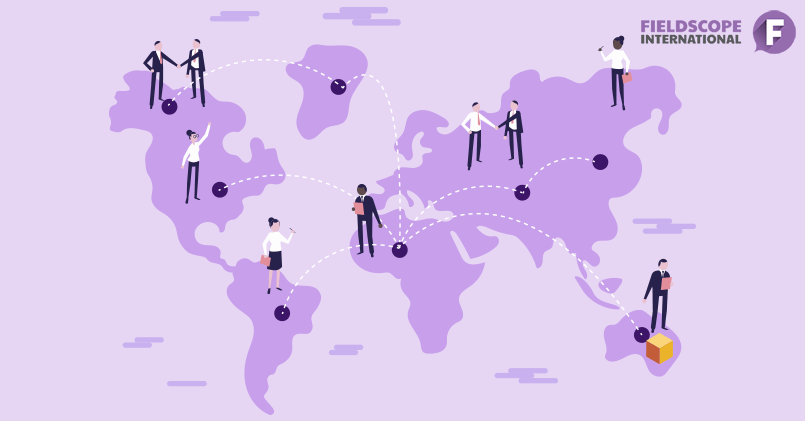X
Blog
03
Jul
2018
Top 3 Challenges of International Research

Conducting a large-scale market research in your own region is challenging enough, conducting a research in an unknown territory is even more challenging. As a global company, we are involved in international research frequently. Many projects we take on are international, thus, we are familiar with the top 3 challenges of international research.
Overcoming Cultural and Communication Differences
People, their cultures and customs differ from region to region. Consequently, what is acceptable in one country, could be offensive in another. For example, it is still hard to organize mixed-gender focus groups or video record all-female groups in some Arab countries.
Sometimes, a language barrier can create a huge obstacle. There are certain phrases and words which do not translate well into other languages.
Luckily, there is a solution for these situations. Whether you are doing the research yourself or hiring a local agency to carry out a project for you, you need to do comprehensive desk research. Get familiar with the local customs. Check if any of your colleagues conducted a study in the same area and if they have any advice for you. Additionally, get in touch with translators who can troubleshoot your materials, and adapt them into the local language.
Optimizing Insight Delivery from Multiple Data Sources
In today’s world clients require quick and relevant insights, however, when you work in an international environment, this process is more demanding than usual. We live in a fast world, where anything can be delivered or changed in one click. Consequently, the clients need real-time data, which allows them to react, and give their customers what they need before they need it.
When working internationally, you are usually working with vendors, making the data delivering process slower than regular. Main obstacles are time zones. Yet, technology can also be an issue, as some of the developing countries might not have access to the same technology as you do.
Moreover, international research often covers multiple countries at the same time, meaning you will receive data from many sources. Having more data means you need more time to review, analyse, and present it.
The best way to get past the time-zones is to set up a time suitable for both you and your vendor, at which you will receive data exports and insights.
When it comes to technology, some vendors are better equipped than others, and you might be able to find someone who can implement the same technology you can. If you do not find a vendor who employs the same methods, you can do the on-site research independently, and travel to the country where you are doing the research. This way, you can cooperate with vendors, get local support, and still manage to collect insights on your own terms.
When it comes to analysing the large quantity of data coming in, you might need to get more people from your team to work on analysing. Each team member could oversee one data source to ensure all sources are always covered and processed.
Keeping the Low Cost
It is in one’s interest to have a high return on investment, therefore, you are always searching for a great price-performance ratio. Sometimes, it is better to spend more if you are certain that your project will be handled with extreme proficiency. Market research is not cheap, international research can be even more expensive. The reason is that there will probably be many subcontractors involved in your project.
The best way to overcome this challenge is to work with international agencies, as well as to establish long-term partnerships with them. Having good and reliable partners in each corner of the world will help you go through your next international project smoothly.
Conclusion
International research projects do not need to be complicated, they require a lot of time and organizing, but they are extremely rewarding. They might cost more than your local projects, yet, the costs of not conducting international research are much higher. By ignoring your other markets, you can miss many opportunities and make more mistakes.
The first step towards resolution of a problem is recognizing the problem. Now you know which challenges you could face during your international research, and you will be able to overcome or avoid them.




